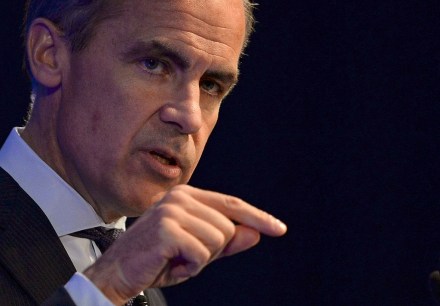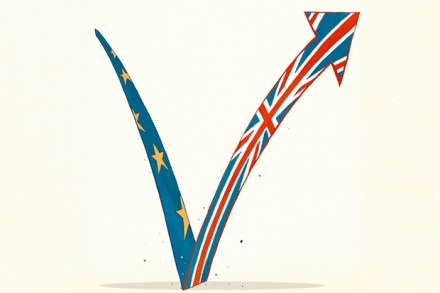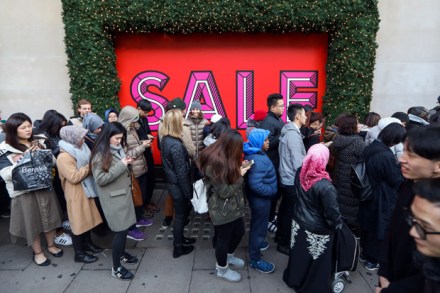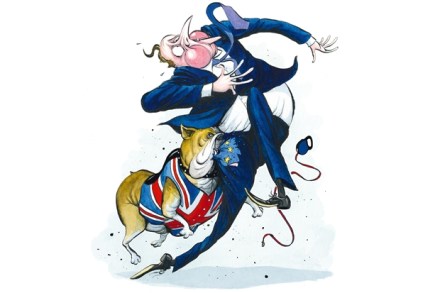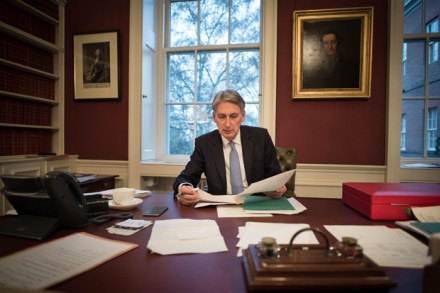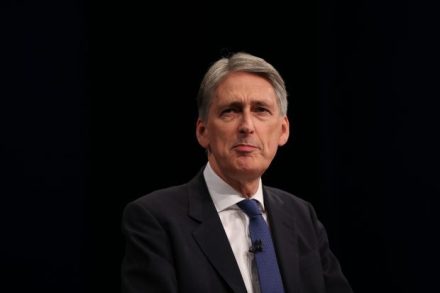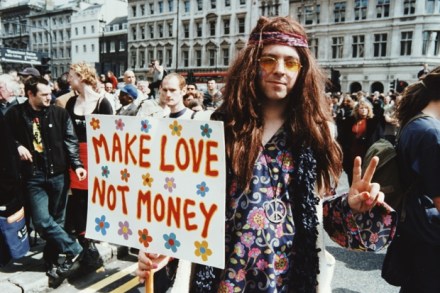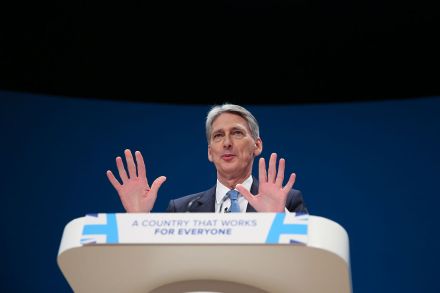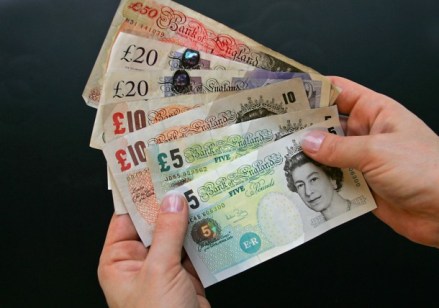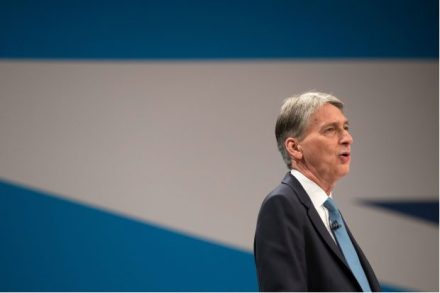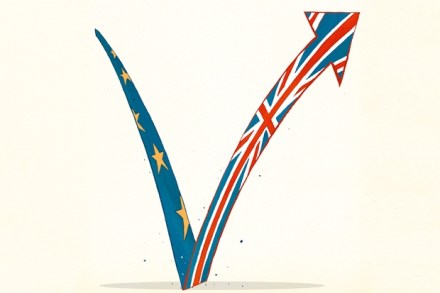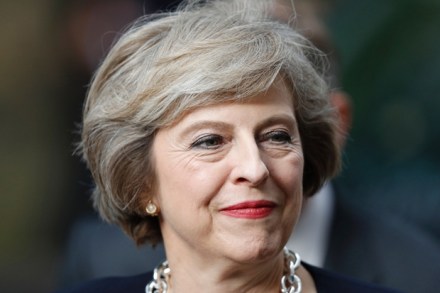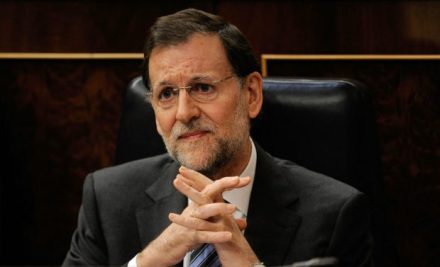Britain’s borrowing binge – not Brexit – should be the big worry for the Bank of England
So, the Office of National Statistics has confirmed that the economy grew by 0.7 per cent in the last quarter of 2016, and by 1.8 per cent over the course of the year. Can we now please stop worrying about a post-Brexit recession and worry instead about an unsustainable consumer boom fed by interest rates which remain at panic levels. The bad news this morning is that the UK saving ratio – which is an estimate of the percentage of their income which households are saving – has fallen sharply from 5.3 per cent to 3.3 per cent. That takes it lower than it was a decade ago, just before
